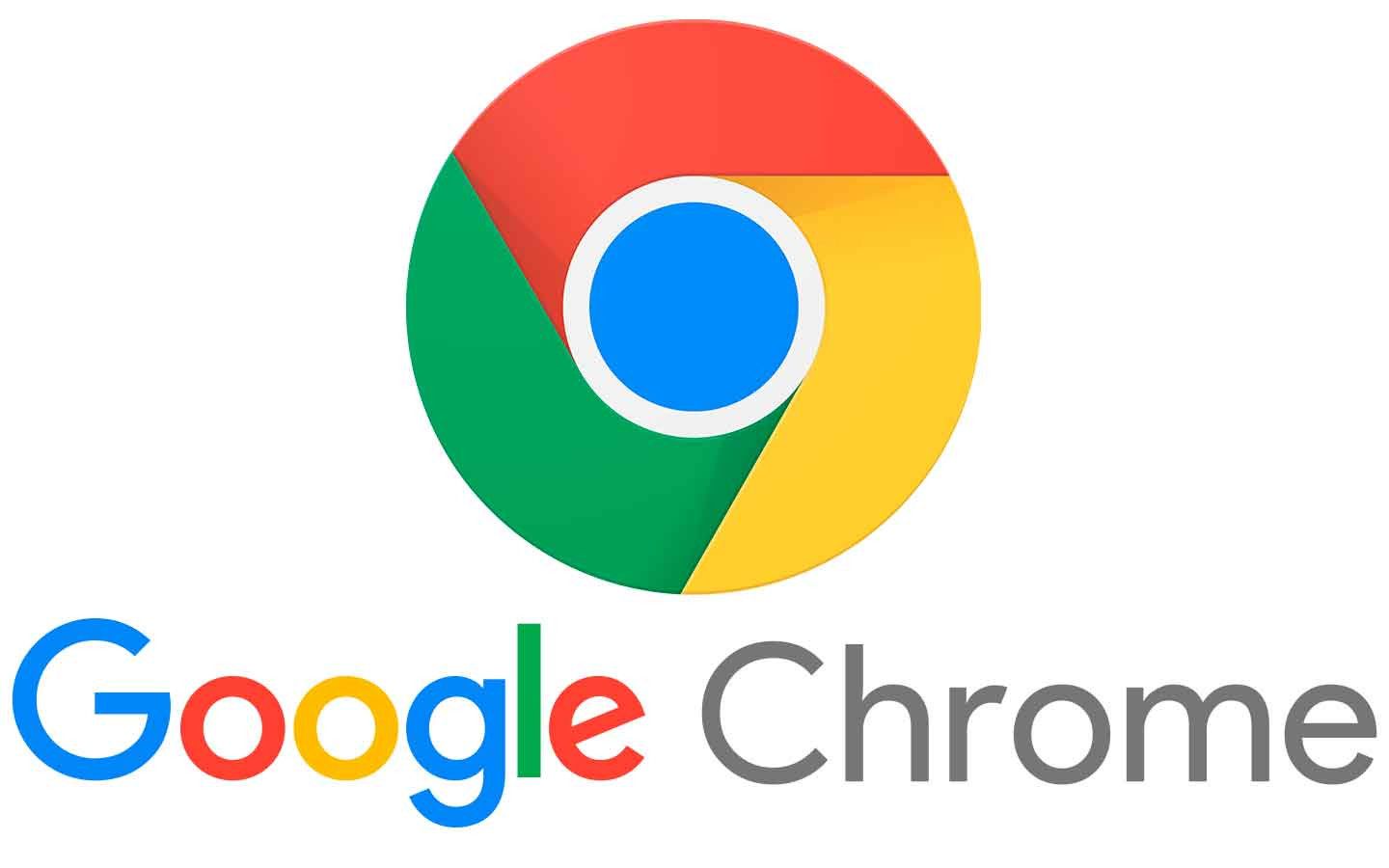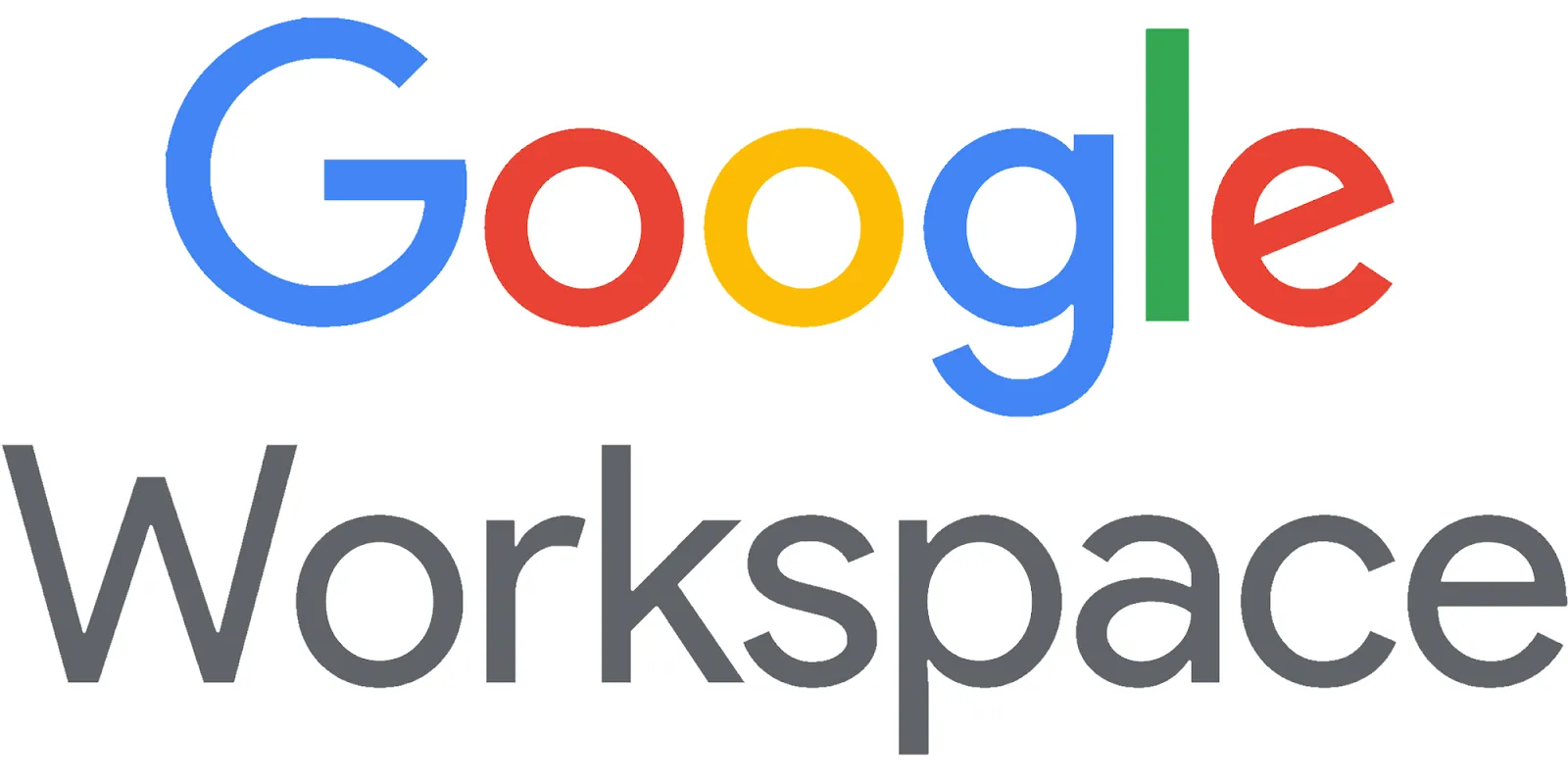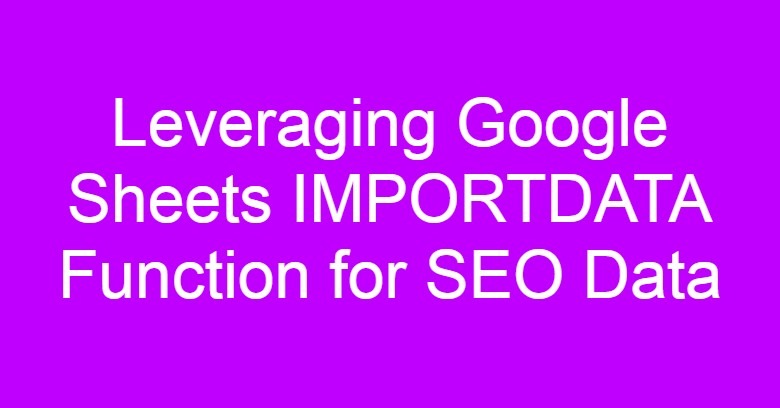10 Best Blog Platforms to Create Amazing Blogs

10 Best Blog Platforms to Create Amazing Blogs
Choosing the right platform to start your blog is a crucial step in ensuring your success. The platform you select will affect content management, SEO, theme customization, and reader engagement. Here are 10 of the best blog platforms to create amazing blogs:
1. WordPress.org
Best Feature: Full control and unlimited customization options.
WordPress.org is the world’s most popular content management system (CMS). It’s open-source, which means you can fully customize it to your needs. With your own domain name, you have complete control over every aspect of your blog, from design to plugins. It’s ideal for bloggers who want to grow their site and monetize it.
2. WordPress.com
Best Feature: Free and easy to start.
WordPress.com is a hosted version of WordPress. It’s perfect for beginner bloggers who want a simple, no-hassle solution. While it offers less customization than WordPress.org, it's still a great platform to quickly get started without worrying about hosting and technical maintenance.
3. Blogger
Best Feature: Simple and Google-friendly.
Blogger is a free blog-publishing service from Google. It’s easy to use and integrates well with other Google services like AdSense and Analytics. If you're looking for a straightforward platform that’s user-friendly and reliable, Blogger is a great choice.
4. Wix
Best Feature: Drag-and-drop design with beautiful templates.
Wix is known for its intuitive drag-and-drop website builder. It’s an excellent platform for those who want to visually create their blog without coding. Wix offers a variety of stunning templates and powerful features to make your blog stand out.
5. Medium
Best Feature: Focused on content, not design.
Medium is a blogging platform that emphasizes writing and storytelling. It strips away the design complexities, allowing you to focus entirely on content. Writers who want to reach a broad audience will appreciate Medium’s built-in readership.
6. Squarespace
Best Feature: Elegant design with integrated features.
Squarespace is known for its sleek, modern design options. It offers an all-in-one solution for creating a professional blog, complete with hosting, SEO tools, and analytics. It’s a great choice for creatives looking to showcase their work alongside their blog content.
7. Weebly
Best Feature: Easy-to-use with e-commerce integration.
Weebly is another drag-and-drop website builder that’s beginner-friendly. It’s ideal for bloggers who may also want to run an online store. Weebly’s simplicity and e-commerce tools make it a great platform for entrepreneurs.
8. Ghost
Best Feature: Lightweight, minimalistic, and fast.
Ghost is a powerful open-source platform built for professional publishing. It’s fast, SEO-friendly, and has a minimalistic interface. Bloggers who want to focus on content creation with fewer distractions will appreciate Ghost’s simplicity.
9. Tumblr
Best Feature: Microblogging with a social media twist.
Tumblr is a microblogging platform that blends blogging with social networking. It’s ideal for short-form content, including photos, GIFs, and videos. If you want a blog that feels more like a social media feed, Tumblr is an excellent choice.
10. Jekyll
Best Feature: Static site generator for tech-savvy bloggers.
Jekyll is a static site generator, meaning it builds your site using simple HTML files rather than a traditional CMS. This makes it lightning-fast and highly secure. Jekyll is a great choice for developers or tech-savvy bloggers who want full control over their site’s structure and performance.
Conclusion
Choosing the right blog platform depends on your needs, goals, and technical skills. Whether you want full control with WordPress.org or prefer the simplicity of platforms like Medium or Blogger, these 10 options give you a range of possibilities to start your blogging journey.









Comments
Post a Comment